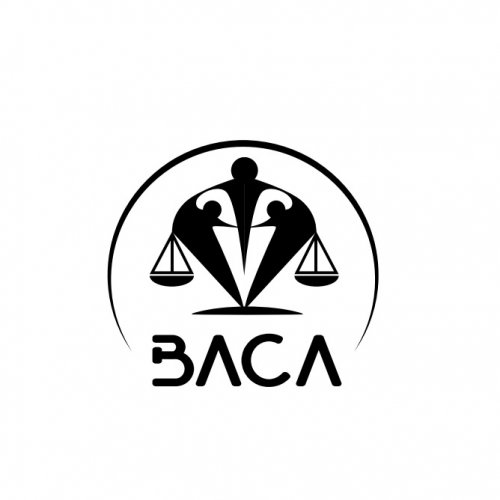Best Constitutional Law Lawyers in South Sudan
Share your needs with us, get contacted by law firms.
Free. Takes 2 min.
Or refine your search by selecting a city:
List of the best lawyers in South Sudan
About Constitutional Law in South Sudan
Constitutional Law in South Sudan is the field of law that interprets and applies the country's constitution, which is its supreme law. The Transitional Constitution of South Sudan was adopted in 2011 and it defines the constitutional structure of the national government, the relationship between the central government and the states, and outlines the fundamental rights, freedoms, and duties of the country's citizens. Whether a law, executive order, or an action by public officials violates the constitution is a matter determined under the lens of Constitutional Law.
Why You May Need a Lawyer
In situations where your constitutional rights may have been violated, you may require the assistance of a lawyer who specializes in Constitutional Law in South Sudan. This can range from cases where you believe your freedom of speech or right to a fair trial has been infringed upon, to instances where a law passed by your state may be contrary to the provisions of the national constitution. Lawyers specializing in constitutional law frequently handle cases involving human rights issues, legislative procedures, and constitutional challenges to laws and policies.
Local Laws Overview
The South Sudanese legal system is pluralistic, consisting of statutory laws, customary law, and religious law, and the constitution upholds this pluralism. However, it also states that in the event of a conflict between such laws, statutory law shall prevail. The protection and promotion of human rights, as detailed under the Universal Declaration of Human Rights and African Charter on Human and Peoples' Rights, is a prominent aspect of the constitutional law scene in South Sudan. Furthermore, the constitution outlines the structure and powers of the country's three arms of government: the executive, legislative, and judiciary.
Frequently Asked Questions
1. What is the Constitution of South Sudan?
The Transitional Constitution of the Republic of South Sudan is the current constitution, adopted upon gaining independence in 2011. It establishes the legal framework of the government and outlines the rights of citizens.
2. Can laws be challenged in South Sudan?
Yes, if citizens or entities believe that a law is contrary to the constitution, they can legally challenge it in court.
3. What rights are guaranteed by the South Sudanese Constitution?
The constitution guarantees a multitude of rights including, but not limited to, freedom of expression, right to life and human dignity, right to a fair trial, freedom of worship and religion, freedom from torture, and right to peaceful assembly.
4. Can laws discriminate against certain groups in South Sudan?
No, according to the constitution, laws should not discriminate against people on grounds such as race, ethnic origin, gender, faith, or social status.
5. Who interprets the constitution in South Sudan?
The courts in South Sudan, particularly the Supreme Court, are responsible for interpreting the constitution.
Additional Resources
The South Sudan National Legislative Assembly is a useful source of information about laws in the country. Non-governmental organisations like the South Sudan Law Society, and international organisations such as the United Nations Mission in South Sudan, also provide valuable resources and information on constitutional law in South Sudan.
Next Steps
If you believe your constitutional rights have been violated, or you have a case involving constitutional law in South Sudan, the first step is to seek legal counsel. This could be through privately hiring a lawyer, or reaching out to legal aid organisations. Please remember that the information provided in this guide is simply a starting point and not a substitute for professional legal advice.
Lawzana helps you find the best lawyers and law firms in South Sudan through a curated and pre-screened list of qualified legal professionals. Our platform offers rankings and detailed profiles of attorneys and law firms, allowing you to compare based on practice areas, including Constitutional Law, experience, and client feedback.
Each profile includes a description of the firm's areas of practice, client reviews, team members and partners, year of establishment, spoken languages, office locations, contact information, social media presence, and any published articles or resources. Most firms on our platform speak English and are experienced in both local and international legal matters.
Get a quote from top-rated law firms in South Sudan — quickly, securely, and without unnecessary hassle.
Disclaimer:
The information provided on this page is for general informational purposes only and does not constitute legal advice. While we strive to ensure the accuracy and relevance of the content, legal information may change over time, and interpretations of the law can vary. You should always consult with a qualified legal professional for advice specific to your situation.
We disclaim all liability for actions taken or not taken based on the content of this page. If you believe any information is incorrect or outdated, please contact us, and we will review and update it where appropriate.
Browse constitutional law law firms by city in South Sudan
Refine your search by selecting a city.








